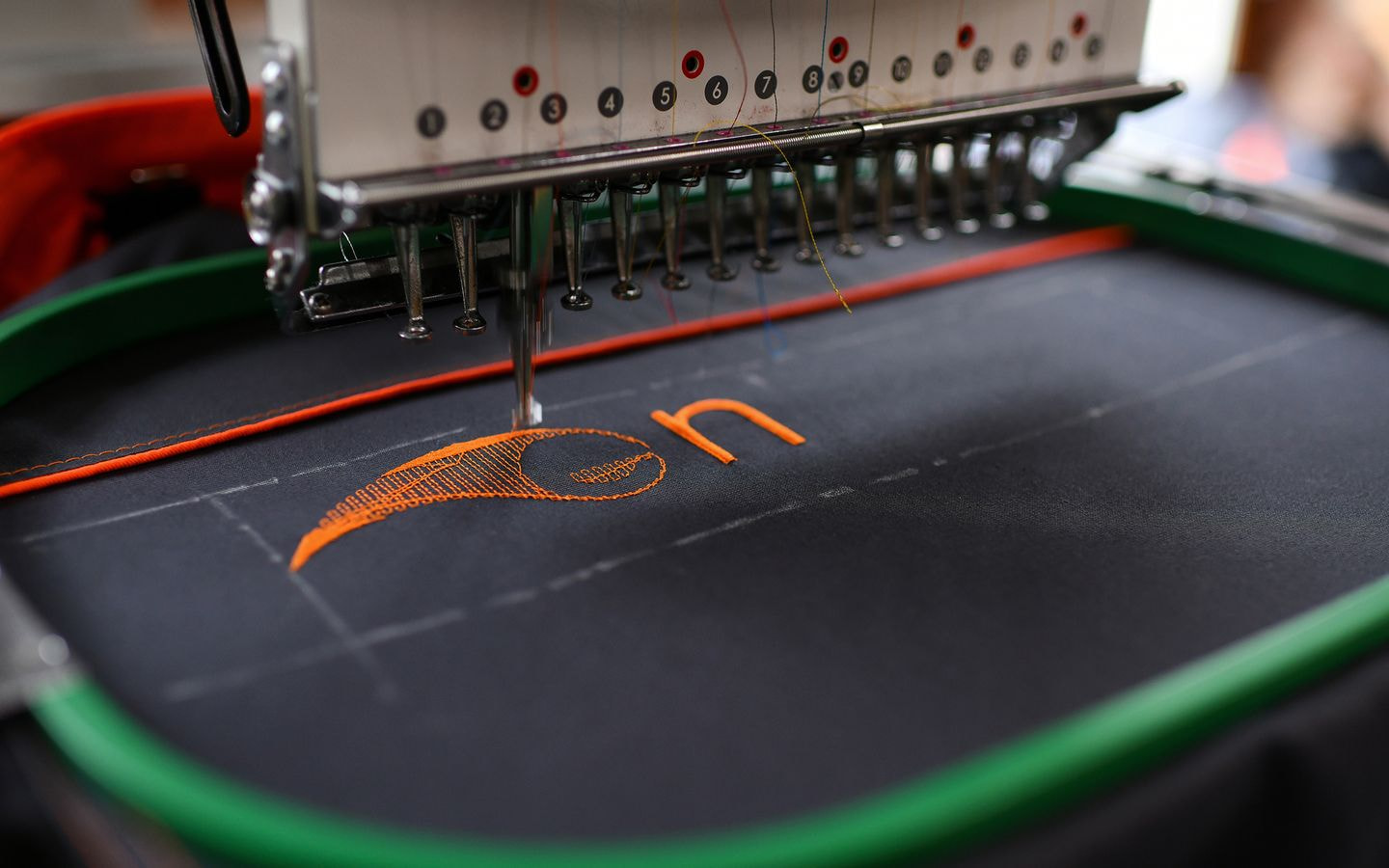Table of contents
Embroidery trends in 2026 blend heritage and innovation. What began as a traditional craft now merges hand and machine embroidery, digital design, and AI motifs.
In this article, we’ll explore the top trends for 2026 – covering sustainable threads, textured stitching, bold typography, and more to help designers, brands, and craftspeople apply these styles to shirts, garments, accessories, and home decor.
Key takeaways – Embroidery trends 2026
-
Sustainable practices and eco-friendly threads are becoming the new standard in embroidery.
-
Textures and mixed media – from 3D puff to layered techniques – add depth and creativity.
-
Floral embroidery evolves with oversized blooms, minimalist outlines, and modern gradients.
-
Personalization and subtle placements like monograms or hidden details make embroidered pieces unique.
-
Revived traditions and new innovations – from vintage motifs to interactive designs – show embroidery’s balance of heritage and future.
Top embroidery trends of 2026
Let’s take a look at embroidery trends set to shape 2026. From eco-friendly threads and textured techniques to bold typography, metallic accents, and unexpected placements, these styles highlight how embroidery is evolving – becoming more versatile, creative, and commercially valuable than ever.
1. Sustainable / Eco-friendly embroidery practices
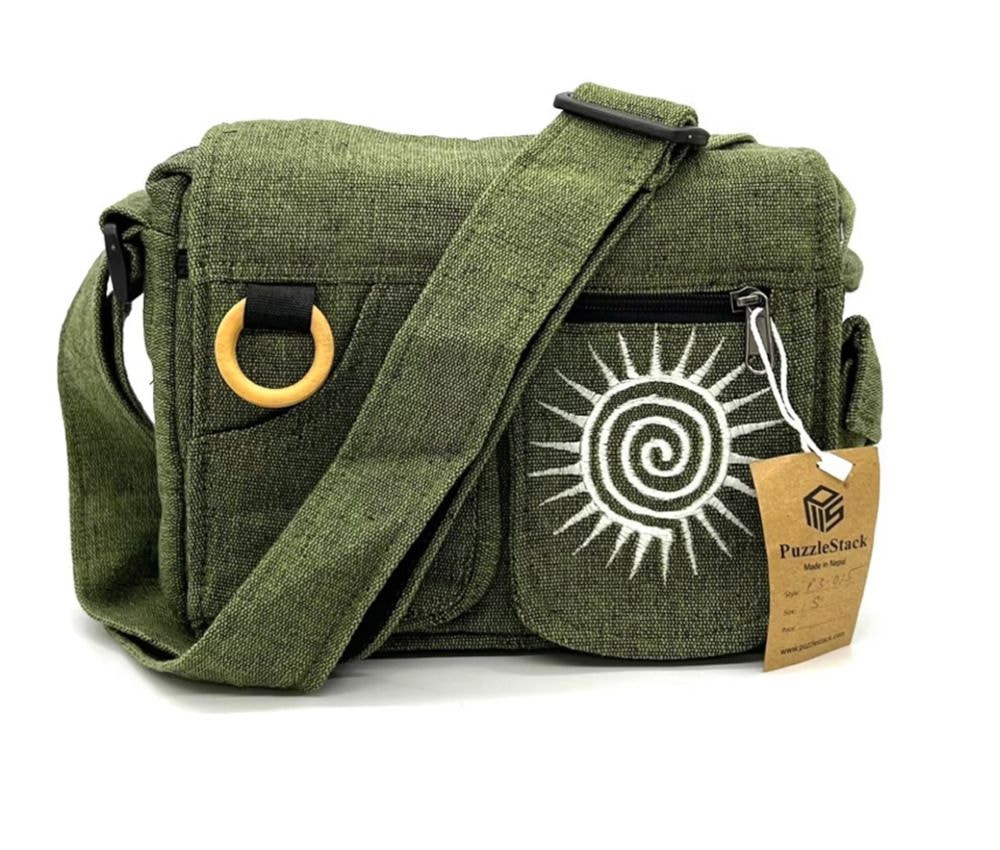
Source: PuzzleStack
Sustainability has become a top priority for designers and fashion brands. The shift toward organic fabrics, recycled polyester, and water-saving machine embroidery is already reshaping the embroidery market.
Eco-conscious threads – like organic cotton, biodegradable rayon, and naturally dyed fibers – bring embroidery a mix of quality, creativity, and ethical value.
Tip: Explore more about what embroidery is and how it works.
2. Textured / 3D and raised embroidery (puff, trapunto, stumpwork)
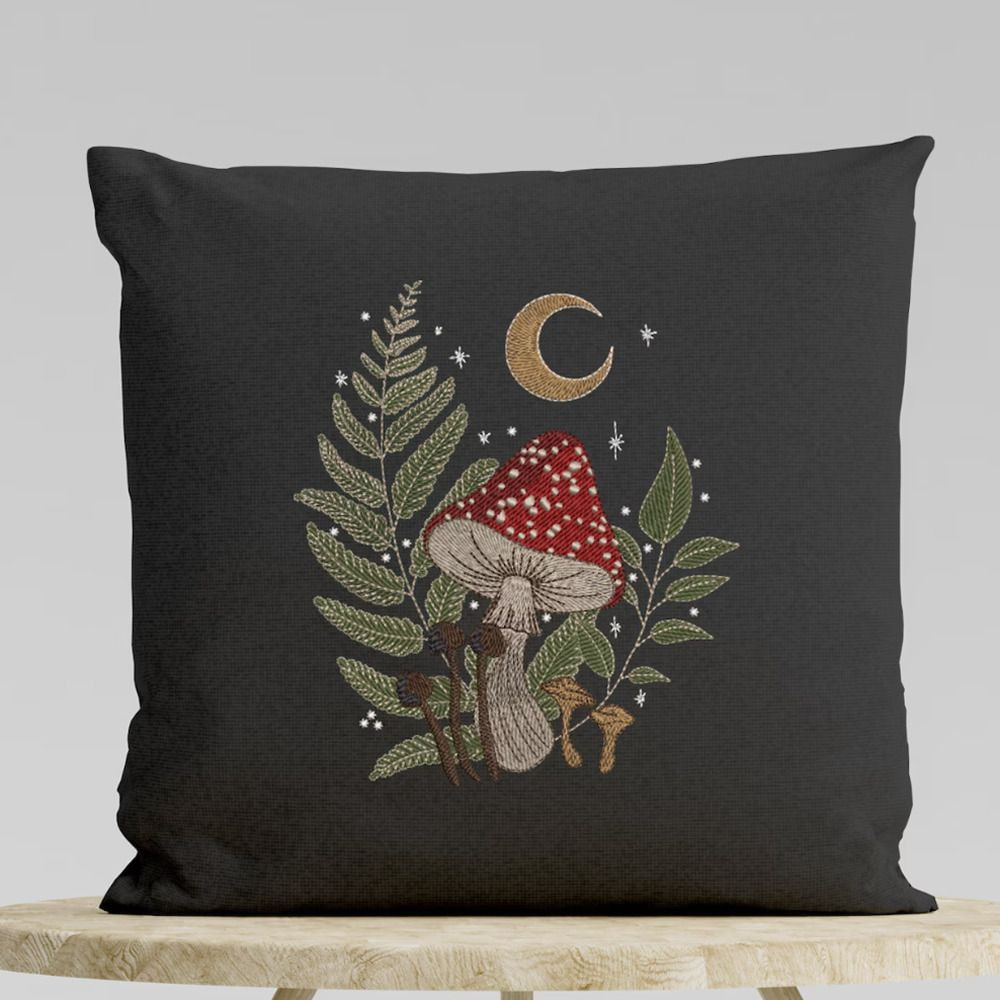
Source: MachineEmbroideryUA1
Designers and hobbyists alike are experimenting with texture and structure to create stunning, intricate designs. Puff embroidery on a shirt collar or cuffs, trapunto quilting, and stumpwork for raised motifs add dimension and turn embroidery into tactile, wearable art.
This type of embroidery can be paired with casual tees or transformed into formal wear with subtle sophistication. For POD sellers, offering embroidered shirts with puff designs can make your catalog stand out.
3. Abstract and geometric patterns
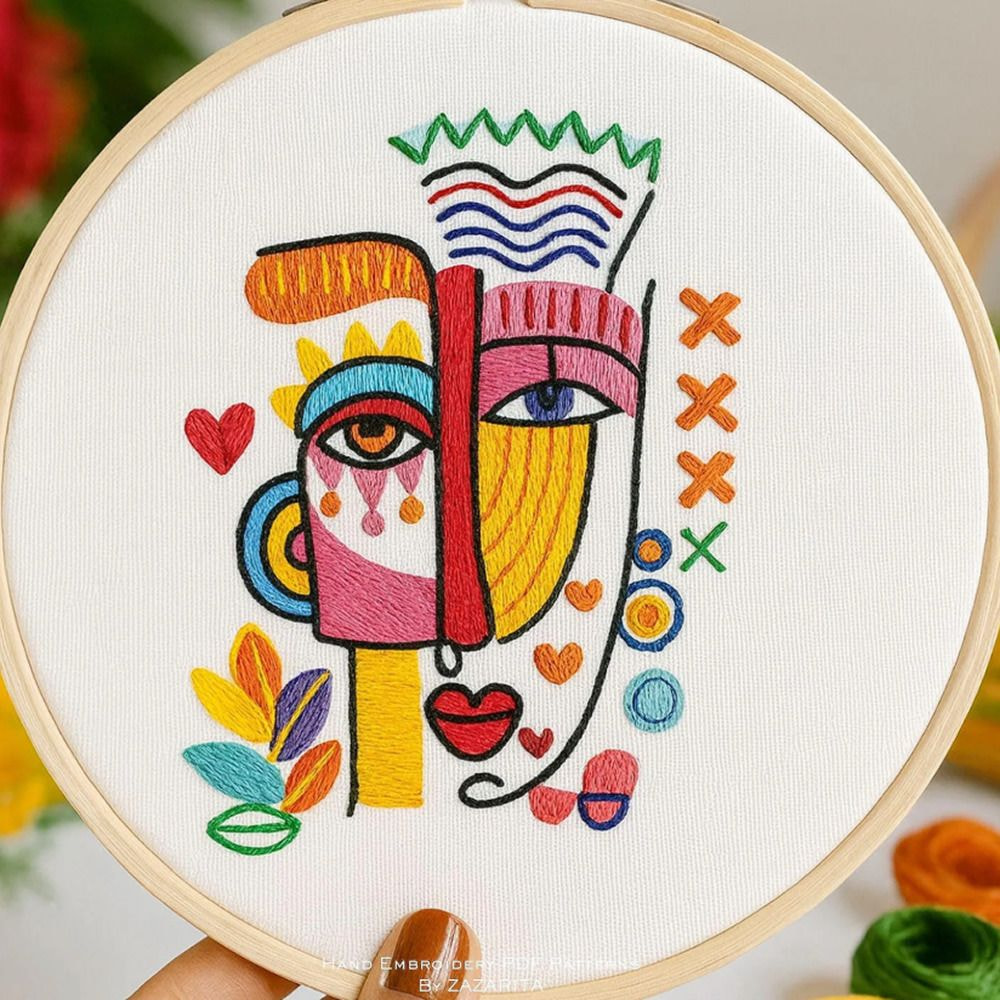
Source: ZAZARITA
One of the biggest trends in contemporary embroidery is the rise of geometric patterns and motifs. Think clean lines, sharp angles, and bold contrasts. These styles fit seamlessly into modern fashion and home decor, appealing to minimalists and those who love statement pieces.
Fashion designers are already applying geometric-inspired stitching techniques to sleeves and collars, making embroidered details versatile enough for everyday wear.
4. Bold typography and statement texts
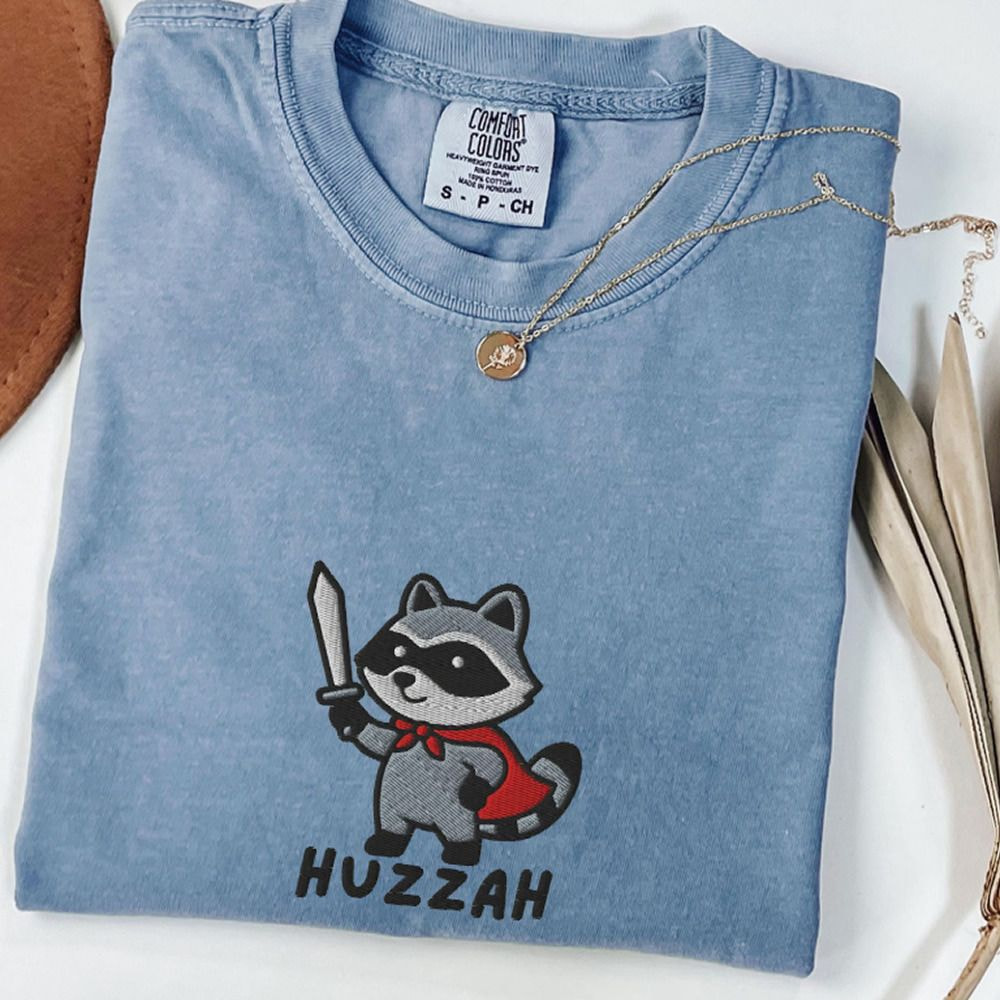
Source: ThePrintWorkshopCo
Lettering and fonts have moved beyond branding – they’re now statement pieces. Oversized embroidered quotes, slogans, and playful phrases across shirts and caps are trending fast.
By combining bold colors, stylized fonts, and strong placement (across the chest, along the sleeves, or the back of a jacket), embroidery transforms words into art.
Tip: Get inspired by our shirt embroidery ideas.
5. Metallic, iridescent, glow-in-the-dark threads
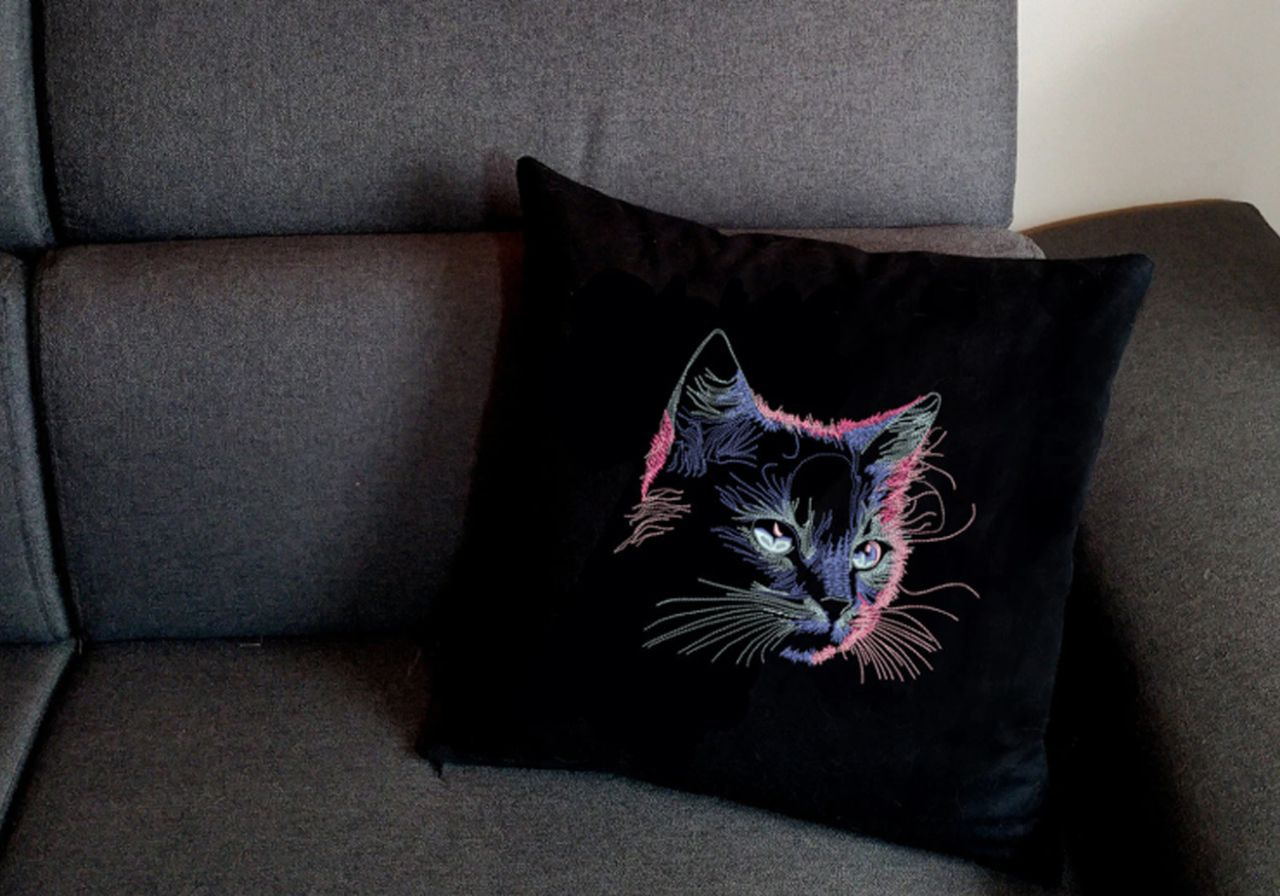
Source: RoCasGbR
Metallic threads and metallic accents are making a comeback, adding shine and subtle sophistication to everything from formal wear to casual streetwear. Iridescent threads and glow-in-the-dark details bring a playful side, perfect for cuffs, hems, or accessories.
These techniques add depth, movement, and a touch of drama under changing light. With the right tension and finish, the results are durable, striking, and impossible to ignore.


6. Personalization and storytelling
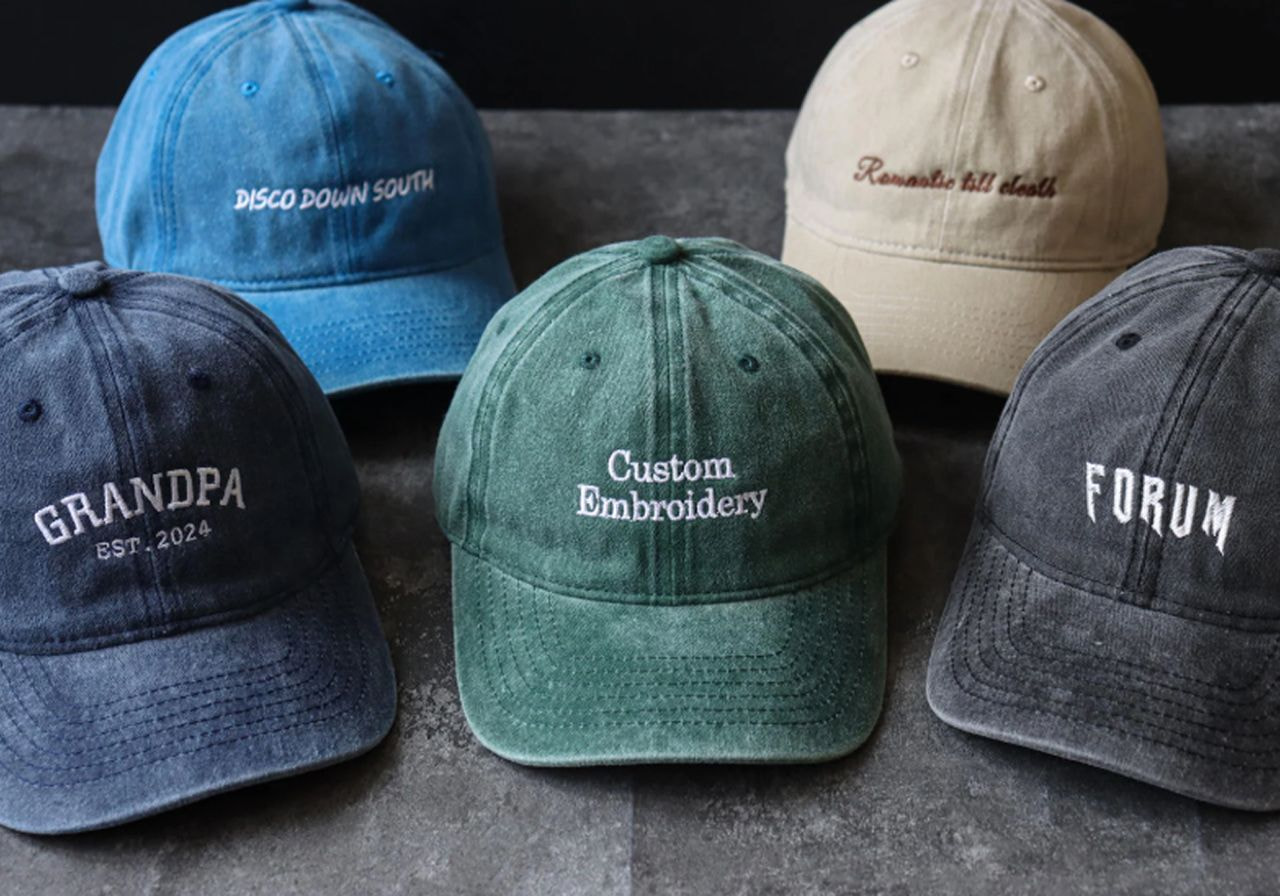
Source: LeanYouGifts
The demand for personalized embroidery keeps growing. Monograms, handwritten notes, digitized signatures, and custom fonts let customers turn embroidered shirts and accessories into personal keepsakes. This trend reinforces embroidery’s role as wearable art – adding emotional depth beyond simple decoration.
With Printful’s customization tools, merchants can offer shoppers a truly personal experience – one that celebrates creativity and connection.
Tip: Check our step-by-step guide on how to make custom embroidery designs.
7. Micro / Hidden embroidery
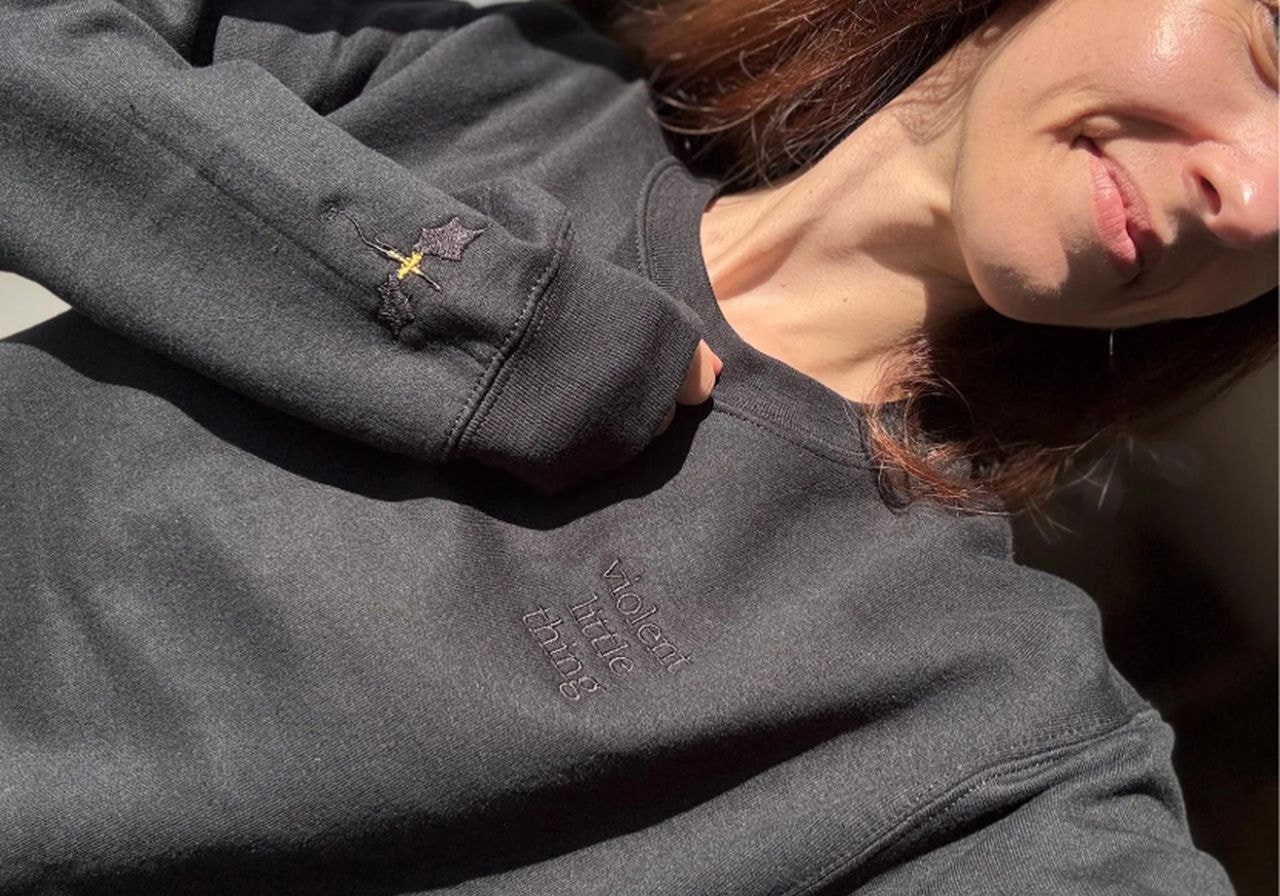
Source: BronteBodyDesignsDE
Tiny motifs hidden inside a collar, near the cuffs, or along the hem of a shirt are a subtle way to incorporate embroidery into everyday wear. These discreet placements are gaining popularity among buyers who appreciate polished garments with decorative elements.
For beginners, they’re also a great entry point into embroidery projects – small, manageable, yet full of impact.
8. AI-generated / Hybrid designs
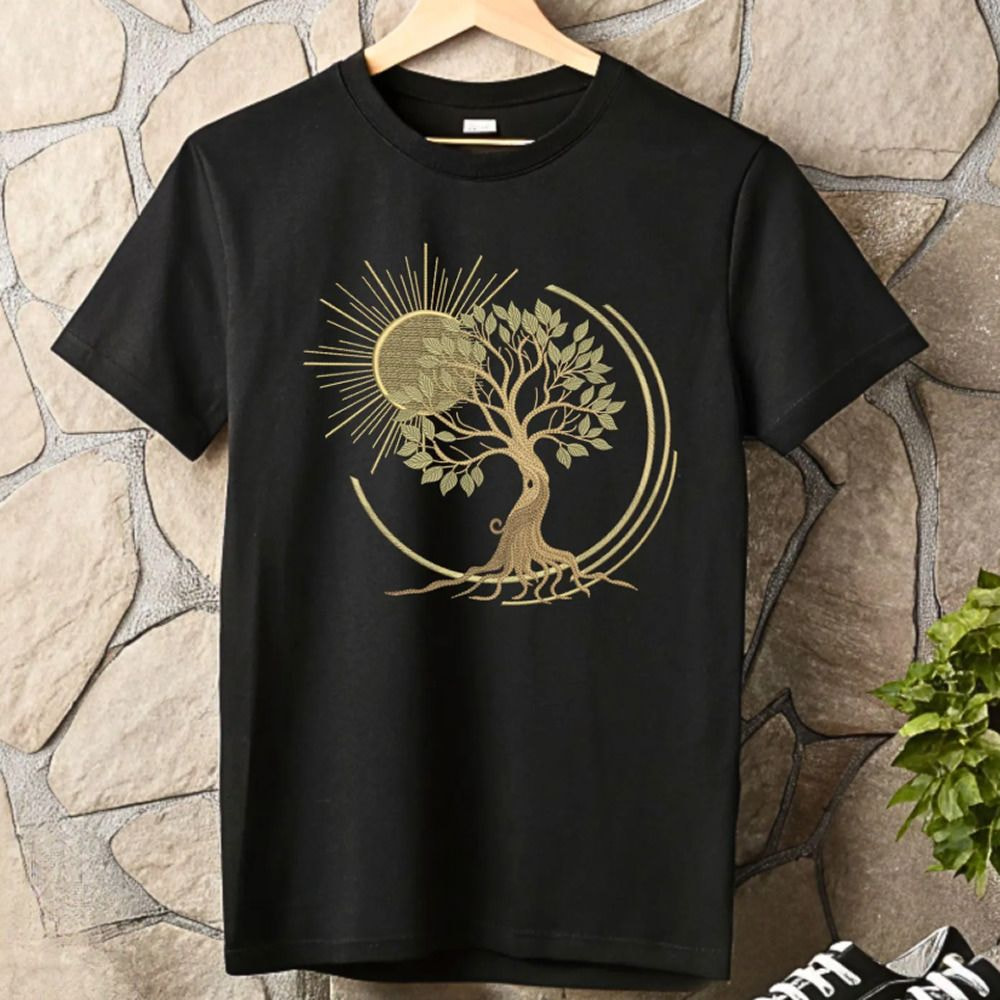
Source: MyDesignProjects
AI tools are transforming embroidery, generating new motifs and compositions that beginners and pros can explore. Designers are merging hand embroidery traditions with machine embroidery precision, creating versatile, contemporary embroidery styles.
This hybrid approach gives artisans and POD sellers new ways to push creative boundaries – blending heritage techniques with forward-thinking design.
9. New surfaces and products
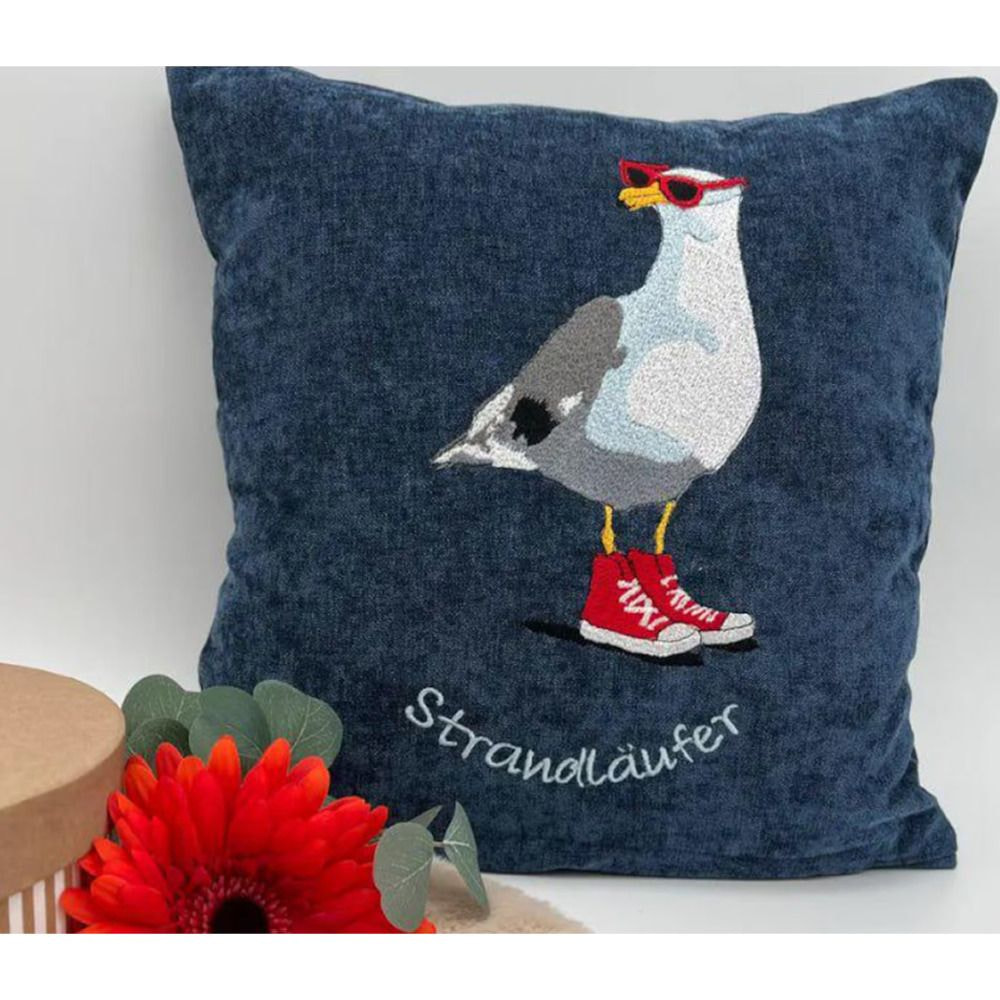
Source: MachineEmbroideryUA1
Embroidery isn’t limited to shirts anymore. Expect to see more embroidered bags, cushions, shoes, caps, and accessories – expanding what customers can buy and how clothing brands showcase their creativity.
This versatility makes embroidery one of the most exciting directions for trending products.
Tip: Check our full list of trending products to sell.
10. Revival of vintage / Retro / Folk / Cultural motifs
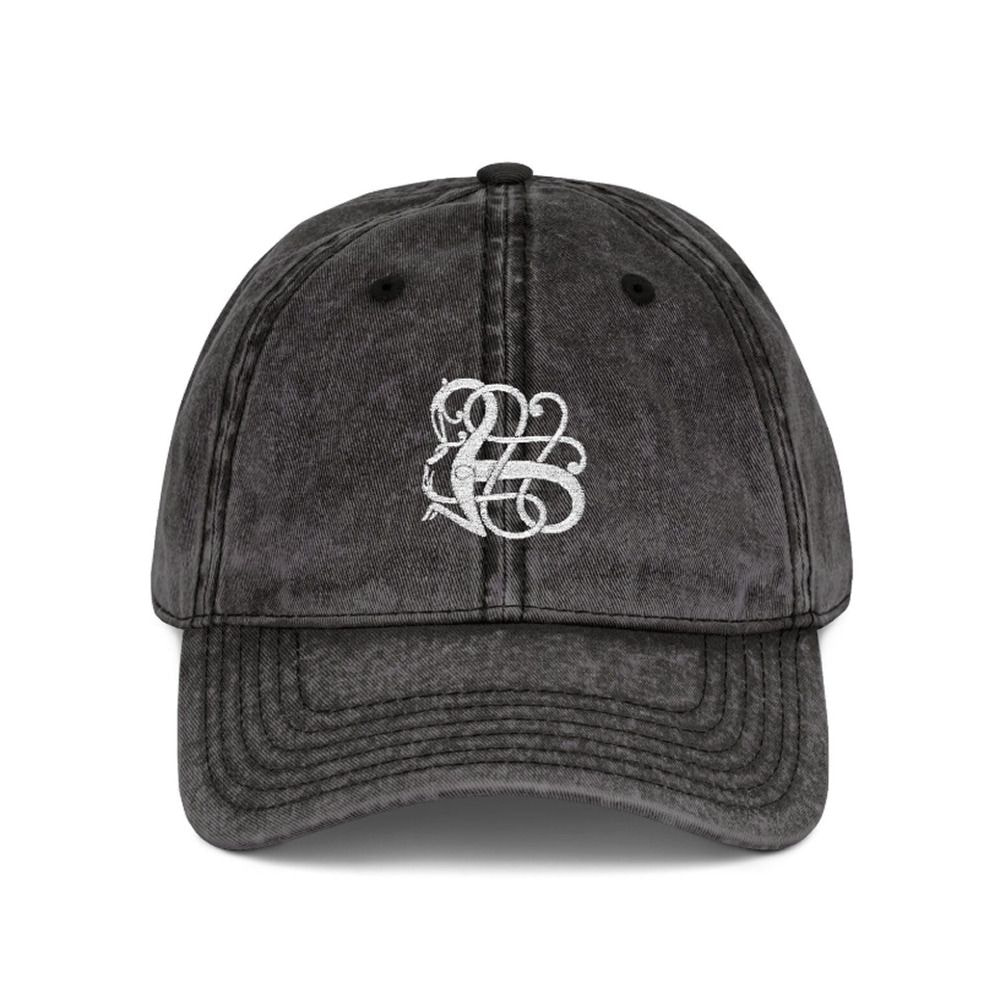
Source: Kurlandly
Looking ahead, traditional embroidery is experiencing a revival. From Eastern European folk and historical motifs inspired by nature to retro florals, cultural stitching techniques are being reimagined for a modern audience.
Expect embroidered florals paired with casual shirts, folk-inspired borders on formal wear, and florals combined with geometric forms to add depth. This blend of traditional and modern creates versatile, stunning statement pieces with timeless appeal.
11. Oversized floral embroidery
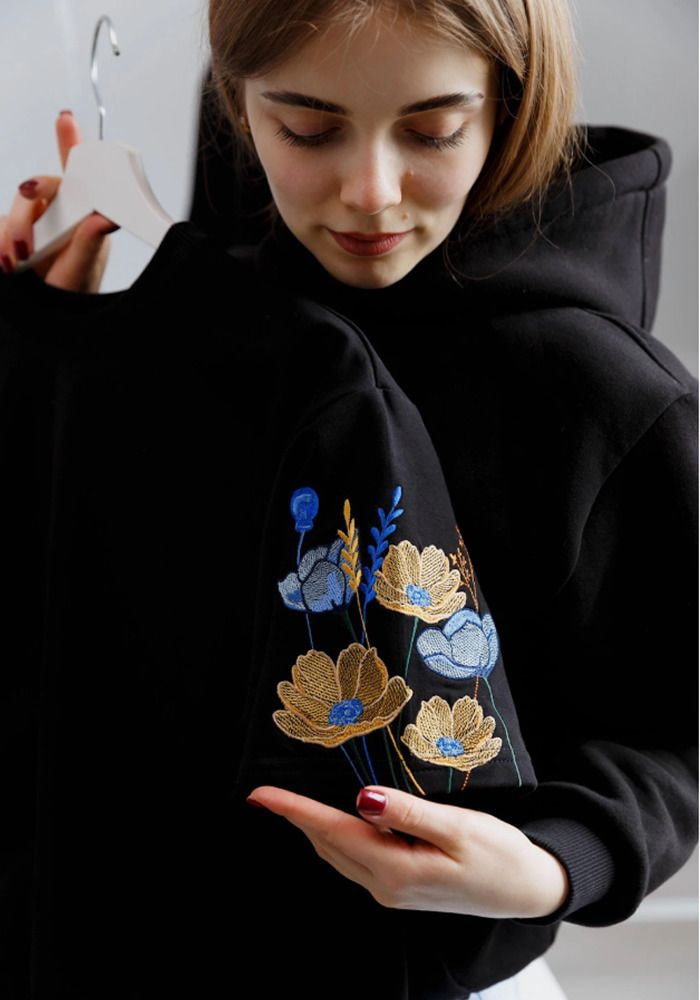
Source: RuzhNaStudio
Large-scale floral embroidery is appearing on jackets, tote bags, and oversized shirts. Moving away from refined borders, designers are embracing bold blossoms that cover entire panels, turning everyday clothing into statement pieces.
This style also appeals to buyers who want wearable art that feels both expressive and timeless.
12. Mixed media embroidery
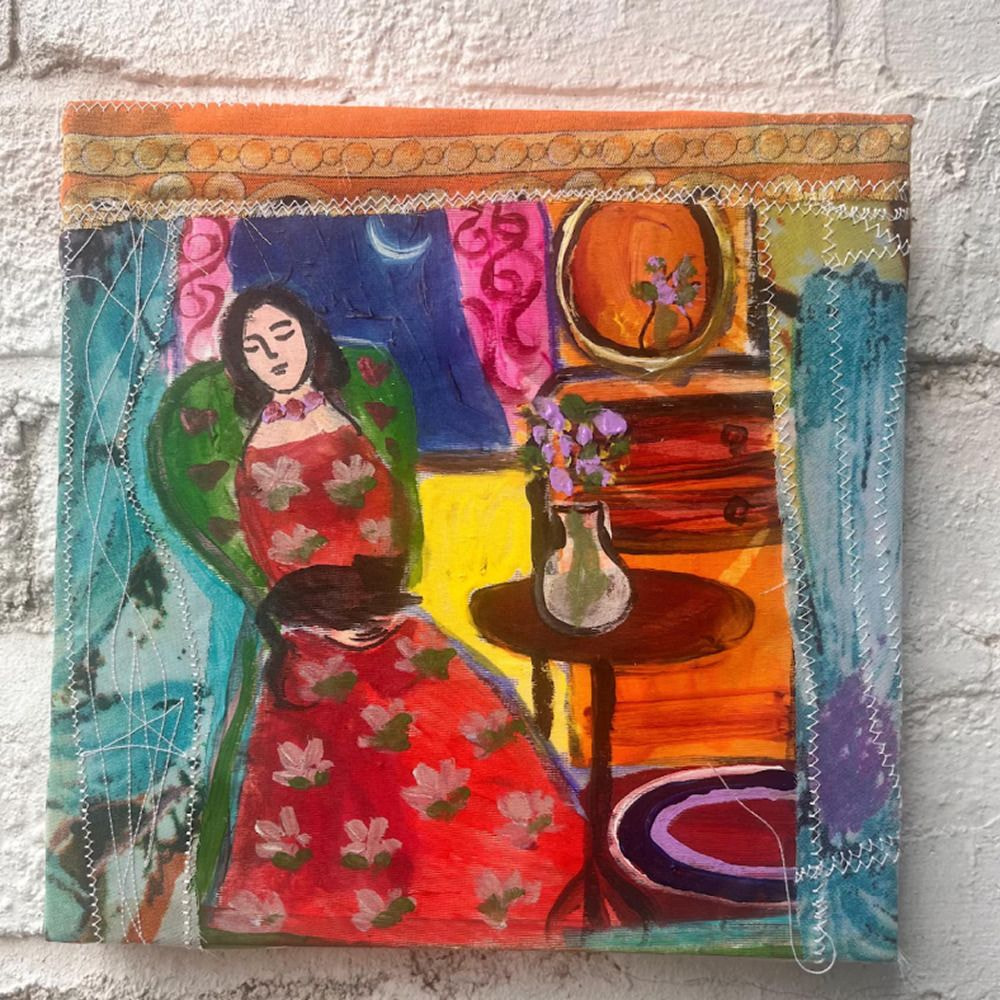
Source: HerOtherWorld
A growing trend is combining embroidery with other techniques and materials – like screen printing, patches, sequins, hoops, or fabric appliqué – to create textures that add real depth.
By pairing floral embroidery with printed backgrounds or metallic appliqué, designers achieve a layered, dynamic effect that feels modern while staying rooted in traditional embroidery techniques.
13. Gradient and ombre threads
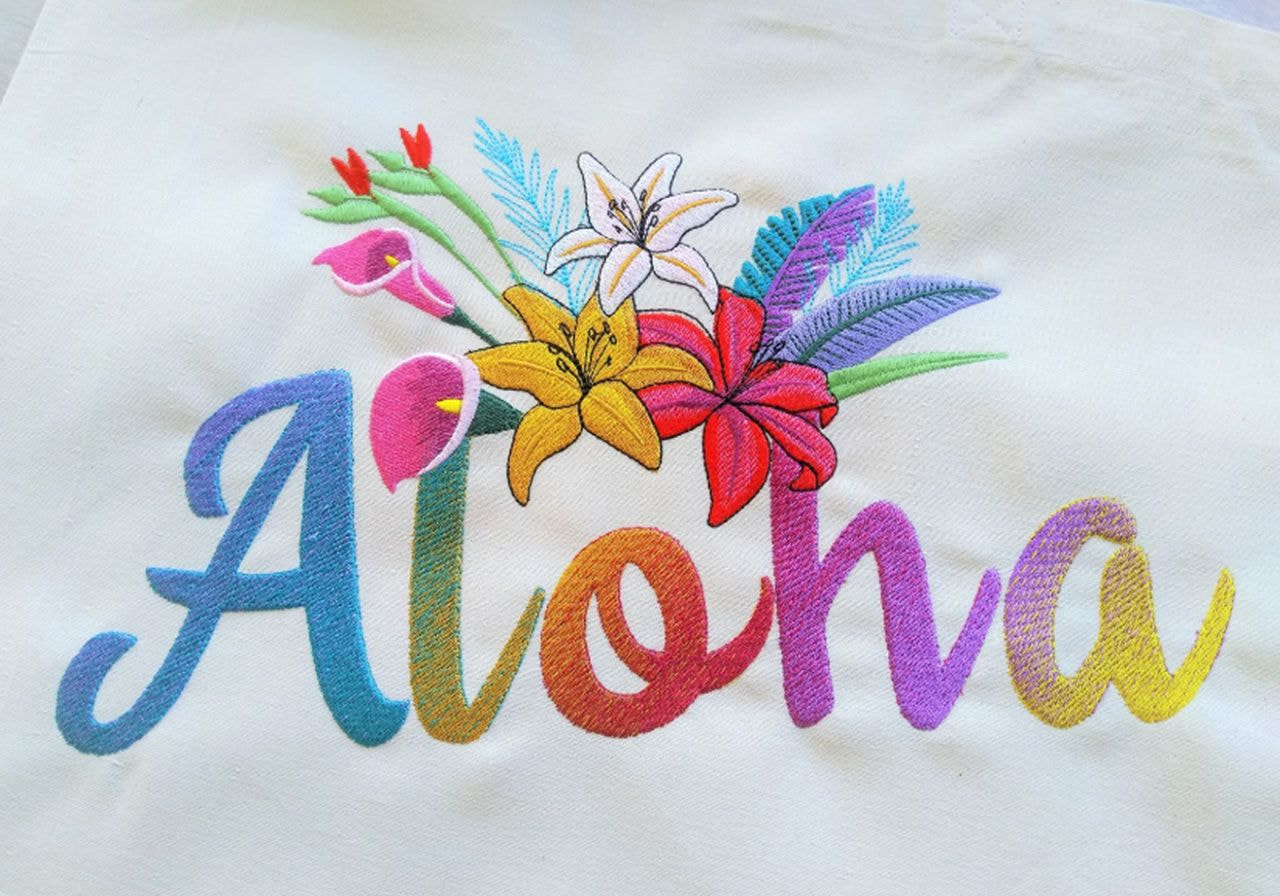
Source: artapli
Instead of sticking to a single shade, artists are experimenting with threads that shift color gradually, creating stunning ombre effects in florals or geometric motifs. The result? Embroidered shirts and accessories that feel vibrant, dynamic, and impossible to ignore.
Gradient embroidery also highlights creativity while keeping pieces versatile enough for casual or formal wear.
14. Minimalist line embroidery
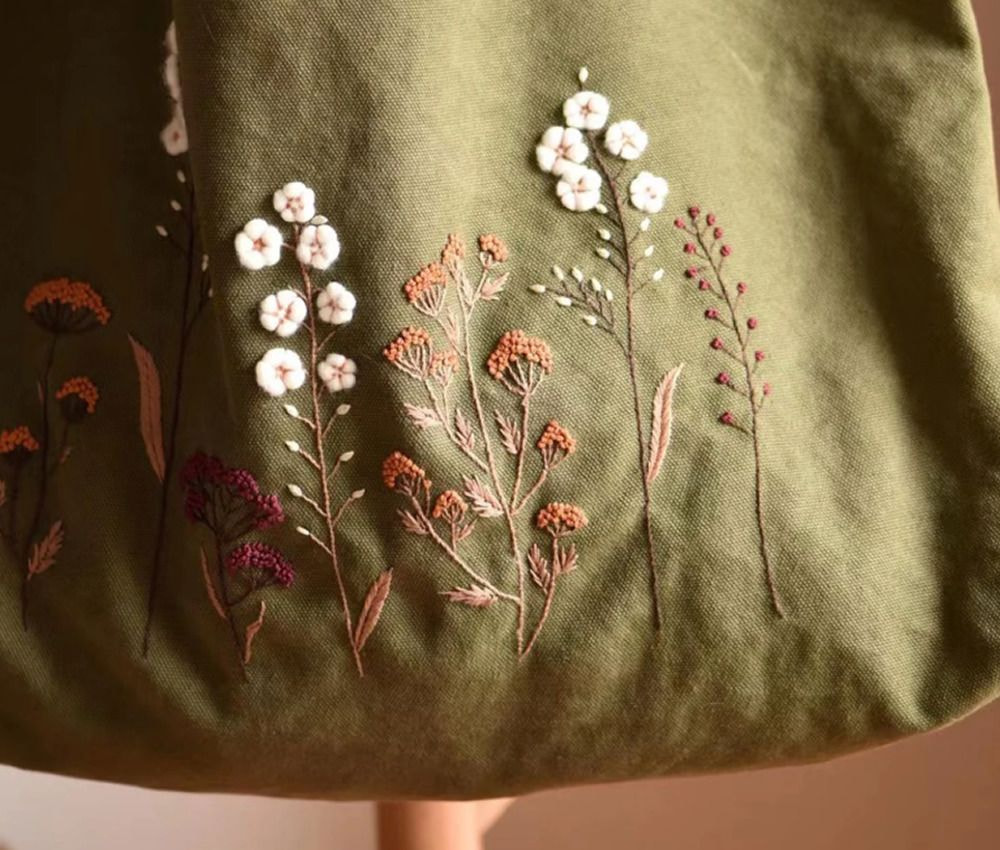
Source: AlisaHandicrafts
For those who prefer subtle sophistication, minimalist outlines are on the rise. Think single-line floral embroidery on a shirt pocket, or delicate motifs stitched along the collar.
These clean lines balance elegance with wearability, making them perfect for beginners and experienced crafters alike who want to experiment with pared-down styles.
15. Interactive and functional embroidery
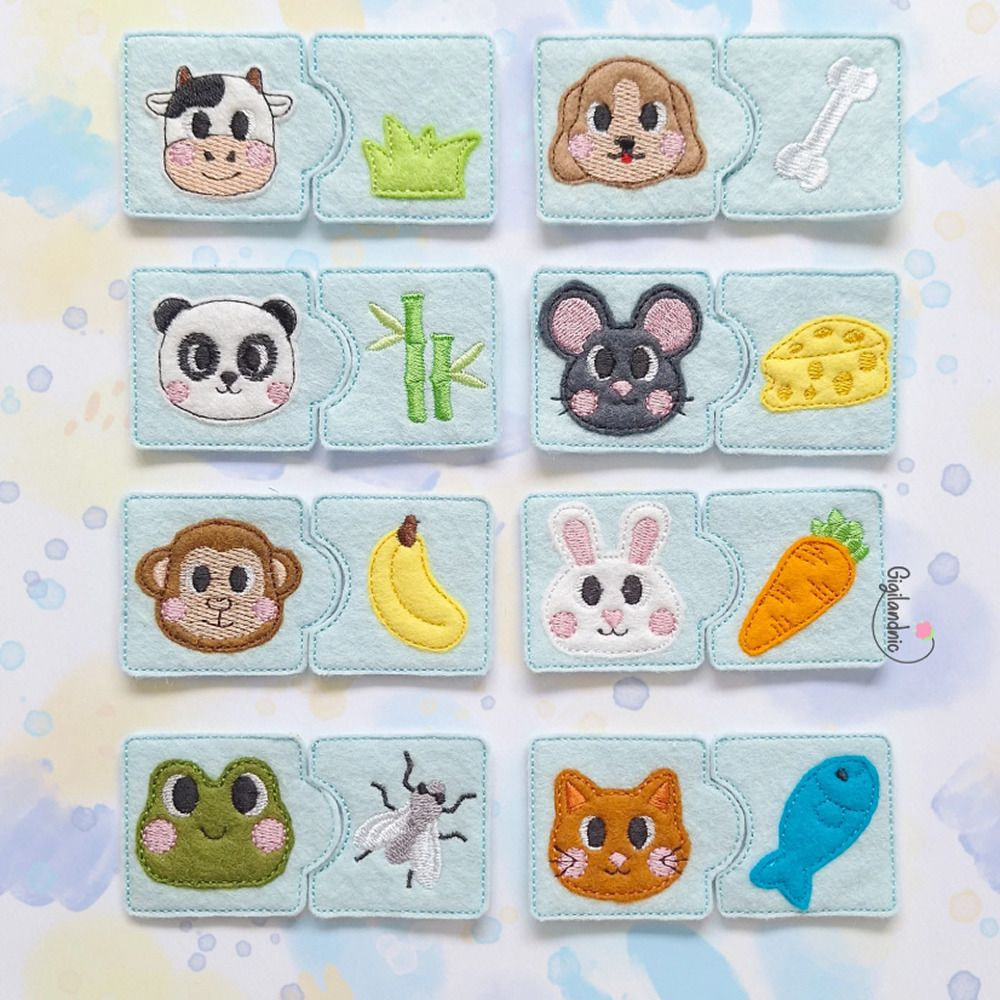
Source: Gigilandnic
Beyond decoration, embroidery is taking on practical roles. Designers are adding embroidered monograms, QR codes, or scannable motifs to merge utility with style.
Even floral embroidery is being reimagined in interactive ways – raised textures on cushions that invite touch, personalized fonts on gifts tell a story, and embroidered characters can even become playable game elements.
How to make and sell embroidery products with Printful
Spotting trending embroidery designs is only half the journey – the real value comes from turning them into products people can buy. With Printful, you can design and sell custom embroidery items without investing in machines, materials, or learning how to stitch.
Here’s how it works:
Printful is a print-on-demand platform, so there’s no upfront cost or inventory to manage. You only pay after a customer purchases. It’s effortless.
-
Choose your products
Explore our Catalog of over 400 products, including apparel, accessories, and home decor ready for embroidery – from shirts, hoodies, hats, and bags.
-
Upload or create designs
Use your own artwork or experiment with trending styles like floral embroidery, bold typography, or puff effects. Printful digitizes your design so it’s embroidery-ready.
-
Sell through your store
Connect Printful to your online shop, marketplace, or even a social media storefront. When a customer places an order, Printful produces and ships it directly.
-
Profit without the hassle
Since you don’t have to buy equipment, fabric, or threads, your startup risk is zero. You focus on design, branding, and marketing, while Printful handles the embroidery production and fulfillment.
Tip: Learn more about how print-on-demand works with Printful.
Conclusion
The next wave of embroidery trends strikes the perfect balance between innovation and heritage. Designers, sellers, and craftspeople can explore these styles – whether it’s geometric motifs, metallic accents, or traditional embroidery – to create products that resonate with customers.
From shirts to cushions and accessories, embroidery continues to prove its versatility as both art and commerce. For brands, embracing these trends is a chance to stay relevant, stand out, and connect with audiences who use embroidery as a form of creative and cultural expression.
Ready to bring these embroidery trends to life? Start your journey with Printful’s print-on-demand embroidery.


FAQs
Look for threads made from organic cotton, bamboo, or recycled polyester. These options reduce environmental impact while maintaining durability. For delicate fabrics, choose softer threads to avoid puckering. Pair them with the right stabilizer – preferably water-soluble or recyclable – for a truly eco-friendly setup.
With Printful, you don’t need to source these yourself – our partners already use high-quality, sustainable materials, making it easier to sell eco-friendly products.
Yes! Techniques like puff embroidery are beginner-friendly and perfect for small projects like hats or shirt collars. Start with simple designs to learn thread tension and layering. More advanced methods, like trapunto or stumpwork, take practice but can be tackled once you’re comfortable with basic stitching.
If you sell with Printful, you can offer puff embroidery without learning the techniques yourself – our production process takes care of the details.
For shiny accents, use high-quality metallic threads – they add shimmer but need the correct needle and slower stitching speed to prevent breakage. For playful details, glow-in-the-dark polyester threads are great on casual shirts and accessories. Iridescent threads create a dynamic effect, especially on floral embroidery or geometric patterns.
Printful uses specialty threads and professional machines, so you can achieve these effects reliably without worrying about technical setup.
Focus on three essentials:
-
Pick the right fabric and stabilizer.
-
Check your thread tension before stitching.
-
Keep your design size realistic – too much detail on small shirts or sleeves can blur.
These small adjustments ensure a polished result that customers will love.
With Printful, every design undergoes digitization and quality control to ensure your embroidery always looks clean and consistent.
Modern embroidery trends go beyond clothing. Think cushions, caps, bags, shoes, and accessories. This versatility makes embroidery perfect for both home decor and fashion. Adding embroidery to unexpected surfaces can transform everyday items into wearable art or unique lifestyle products.
Printful’s Catalog includes all these options, letting you easily expand your product line without managing inventory.

Published author, scholar, and musician, Andris draws on over 11 years of experience in and outside academia to make complex topics accessible – from SEO and website building to AI and monetizing art. Devoted to his family and self-confessed introvert, he loves creating things, playing musical instruments, and walking around forests.





